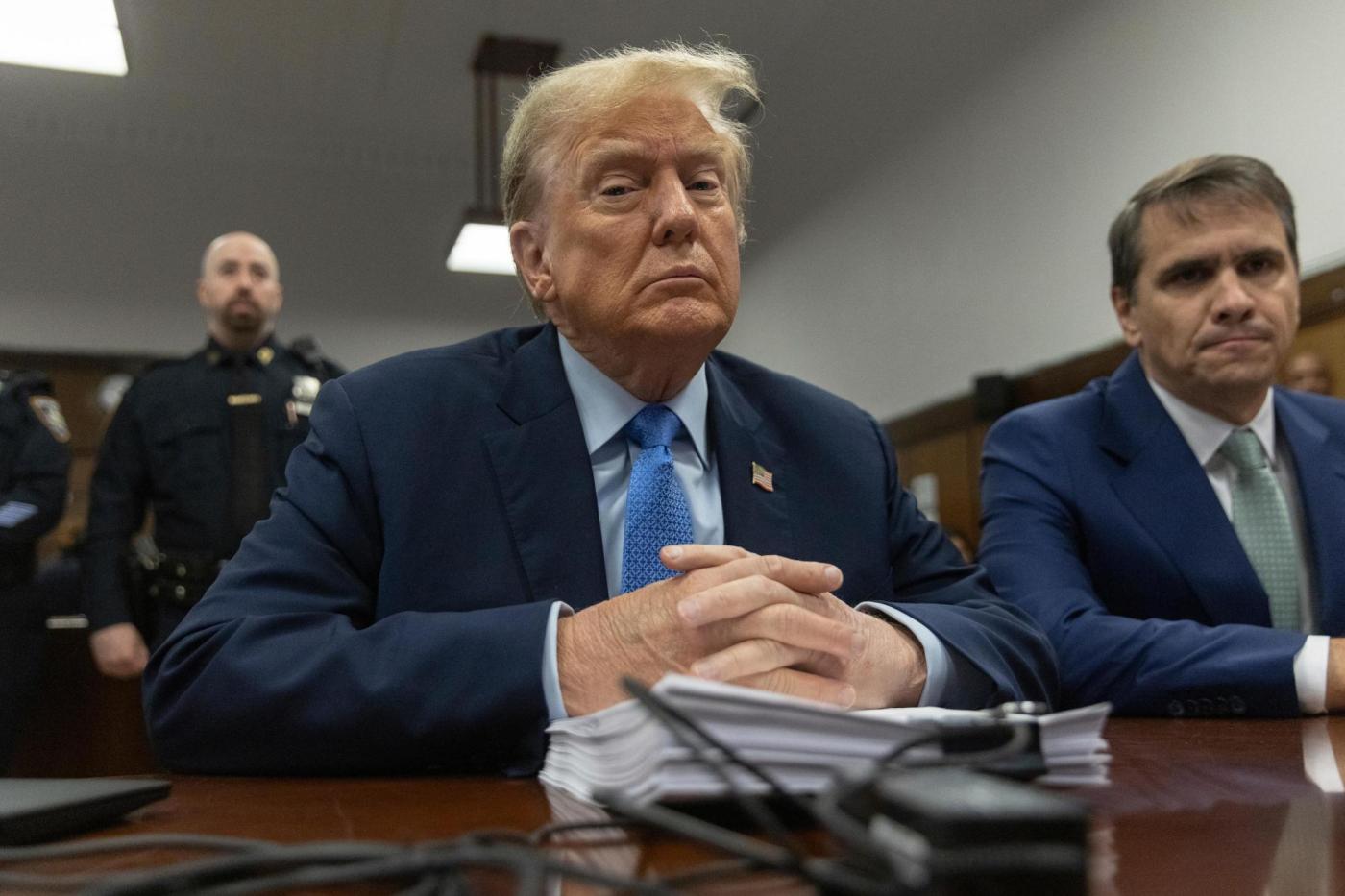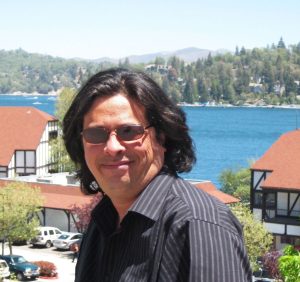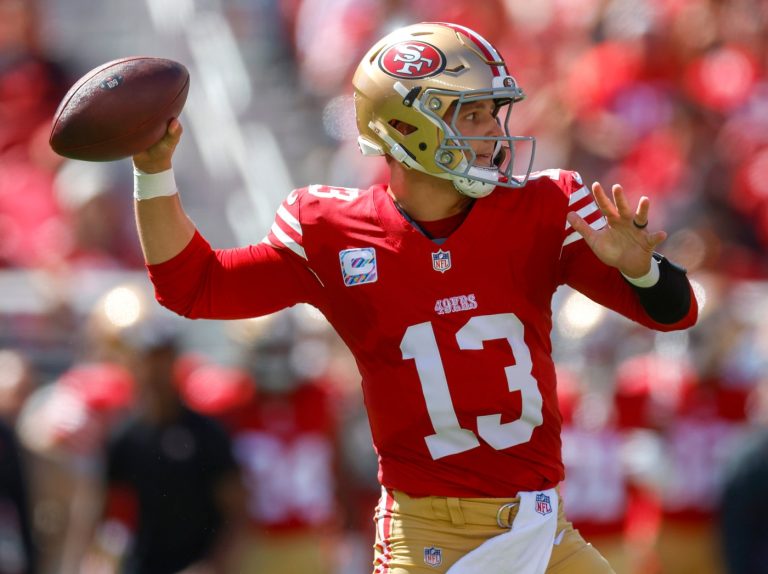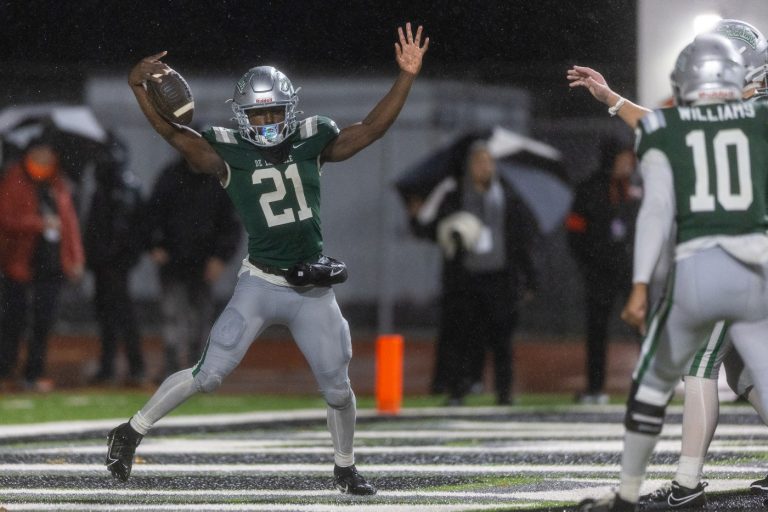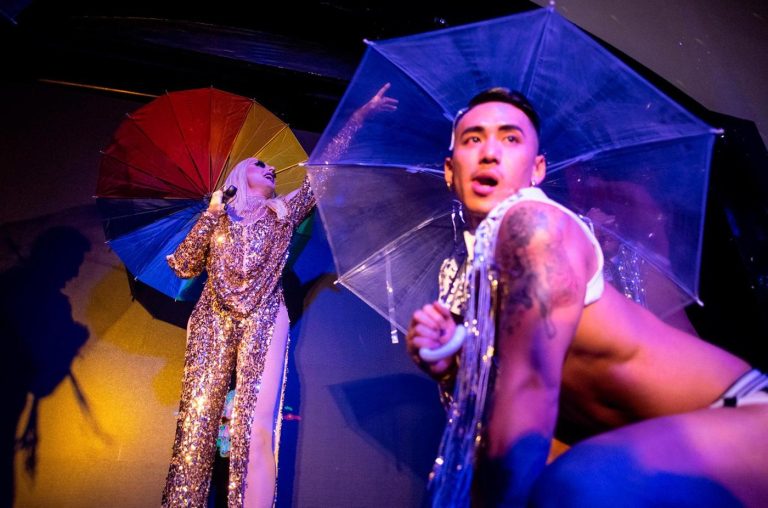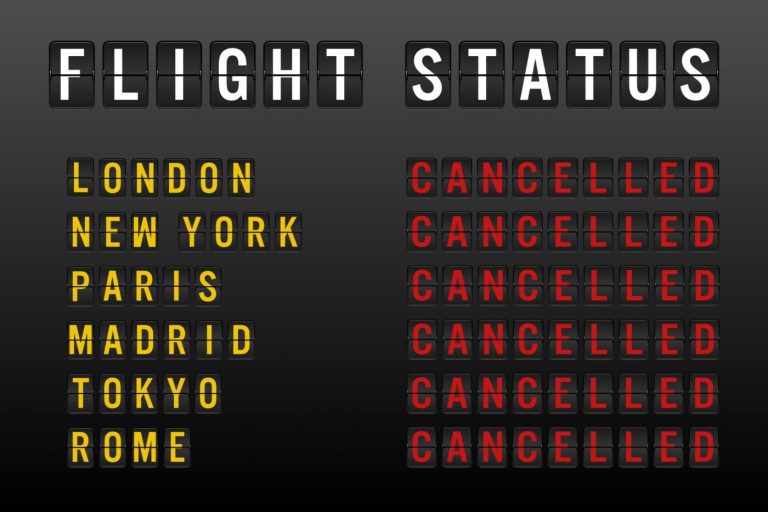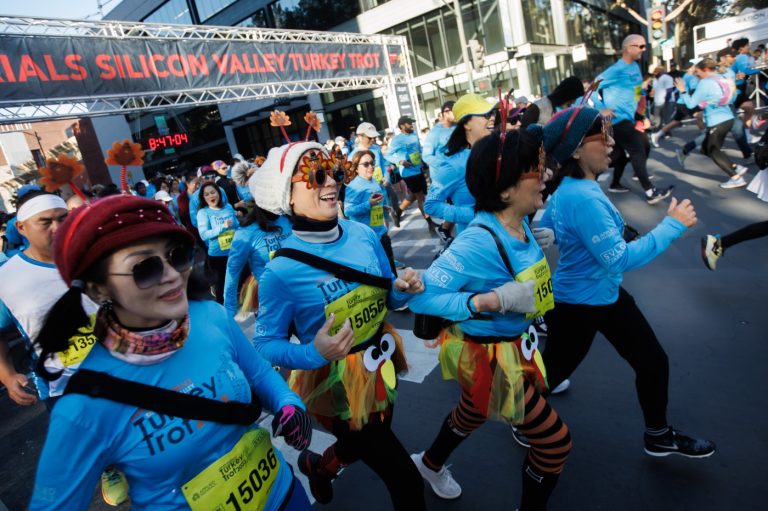Throughout the Republican primary campaign (such as it was), it was perfectly clear that the multiple indictments of Donald Trump helped him consolidate support. This was a source of moral exasperation to liberals, but their bafflement coexisted with the hope that what played well with the MAGA faithful would have the opposite effect in the general election. Trump’s cries of persecution might rally conservatives in a primary, but the trials themselves would help Joe Biden cruise to reelection.
The trial that we’re actually getting, the prosecution of Trump for falsified business records related to hush money payments related to his assignation with porn actor Stormy Daniels, could theoretically still have that effect; a guilty verdict could shake loose a couple of points from Trump’s modest but consistent polling lead.
But watching the trial play out so far, it seems just as likely that as in the primaries, so now in the general election: Any political effect from being charged and tried is probably working marginally in Trump’s favor.
Not about the affair
First, consider how this trial plays if you are not paying close attention to the legal details. Follow the coverage casually, the headlines about Daniels’ testimony especially, and it appears that Trump is on trial for cheating on his wife in a distinctly sordid way and then trying to conceal it — for being a political figure, a candidate for high office, and lying about sex.
As it happens, America spent a pretty important period of time litigating the question of whether it’s a serious offense for a lecherous politician (one whose campaign apparatus notoriously labored to prevent “bimbo eruptions”) to conceal an inappropriate sexual liaison. Indeed, we even litigated the question of whether committing brazen perjury while trying to conceal a sexual liaison is a serious offense. And the country answered this question by embracing the consensus position of American liberalism at the time and offering Bill Clinton tolerance, forgiveness, absolution.
Admittedly, some politically engaged Americans are too young to directly recall the Clinton presidency. But the Monica Lewinsky affair still casts a meaningful cultural shadow, and many of the Trump trial’s headlines cast the prosecutors in a Kenneth Starr-like part. Nothing really new is being revealed about Trump’s conduct here; the country knows that he’s a philanderer and scoundrel. Instead, the revelations are about the seeming hypocrisy of his political enemies and how easily the former Democratic indifference to lying-about-sex gave way to prurience when it offered a path to getting Trump.
An alleged cover-up
Now suppose you follow the trial more closely and really dig in to the legal arguments. In that case, you understand that Trump is not being tried for trying to conceal the affair, because no matter how much emphasis the prosecution lays on his personal shadiness, hush money payments are not in fact illegal. Instead, he’s being tried for a cover-up of the cover-up, a deception allegedly carried out inside his own accounting system.
You also understand that this alleged cover-up is itself only a misdemeanor that would not normally yield a felony prosecution. It’s been boosted to a felony charge only because the prosecution, using a specific provision of New York law, argues that it’s linked to the “intent to commit another crime and aid and conceal the commission thereof.”
Then you further know that the prosecution has multiple candidates for its “another crime” that Trump allegedly intended to commit, forcing legal analysts to create flow charts to explain how the misdemeanor charge could be linked to other possible offenses. Maybe to a federal campaign finance violation. Maybe to a form of tax fraud (a curious kind that somehow ended with an overpayment to the federal government). Or maybe to a conspiracy “to promote or prevent the election of any person to a public office by unlawful means.”
Finally, you know that according to the best legal analysis, the prosecution doesn’t have to prove beyond a reasonable doubt that any of these related crimes were actually committed.
Related Articles
Trump ally Rep. Stefanik rips Biden in speech to Israeli parliament
Hush-money trial: Cohen admits stealing from Trump’s company
Will North Korea be a bigger threat under Biden or Trump?
Trump receives NRA endorsement as he vows to protect gun rights
California GOP convention: Lara Trump doubles down on election rigging claims
I defer to those analysts on what New York state legal precedent suggests. But I would defy anyone to summarize the underlying situation, in which a presidential candidate could be sent to prison for a misdemeanor offense elevated by a second crime for which he isn’t even being charged, without the description coming across as somewhat Kafkaesque.
To a normal observer, then, if the underexplained version of the trial looks like the Lewinsky affair all over again, the uber-explained version might just look like a partisan prosecutor’s overreach. And all that is before you even get to the fact that the prosecution’s entire case hinges on the testimony of acknowledged perjurer and Trump-hater Michael Cohen.
Just as even paranoid people can have enemies, even sinful demagogues can face a politically motivated prosecution — and stand to gain from the appearance of legal persecution. And that appearance, so far, has been this trial’s political gift to Donald Trump.
Ross Douthat is a New York Times columnist.
